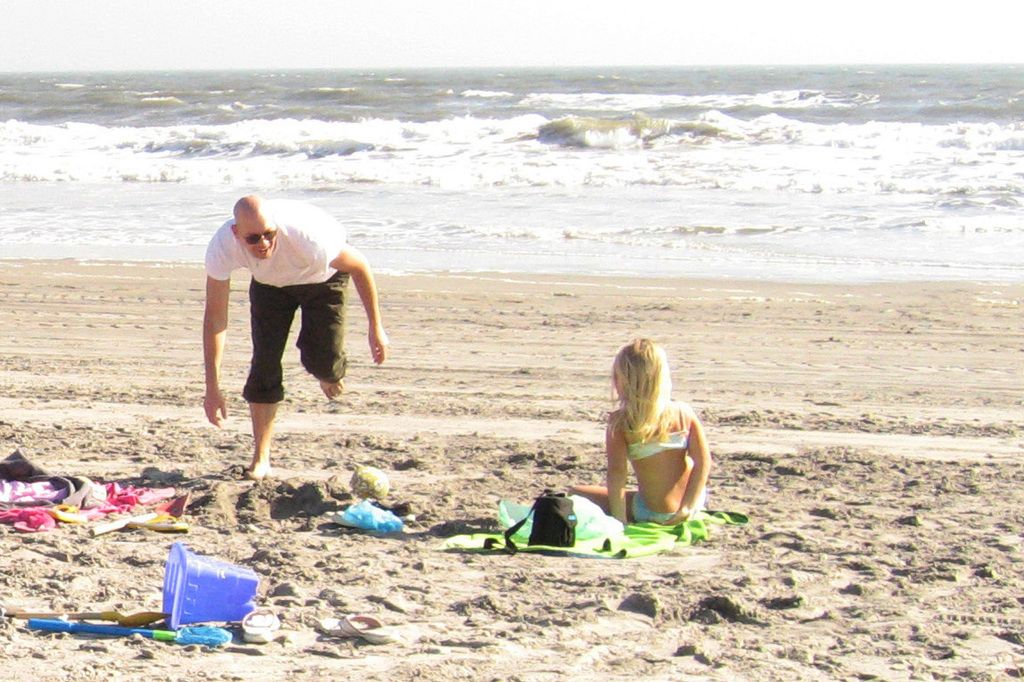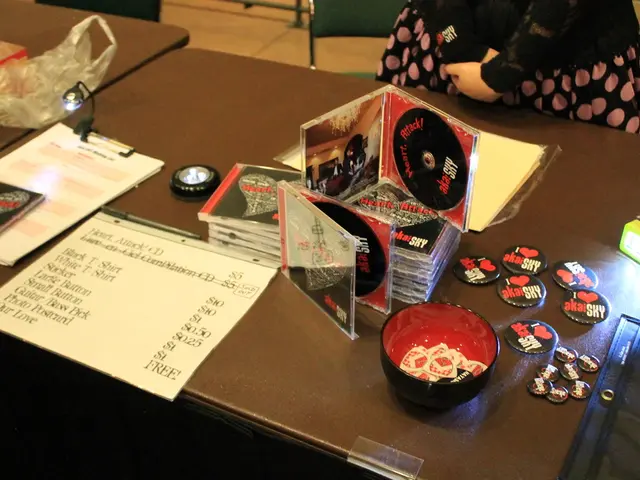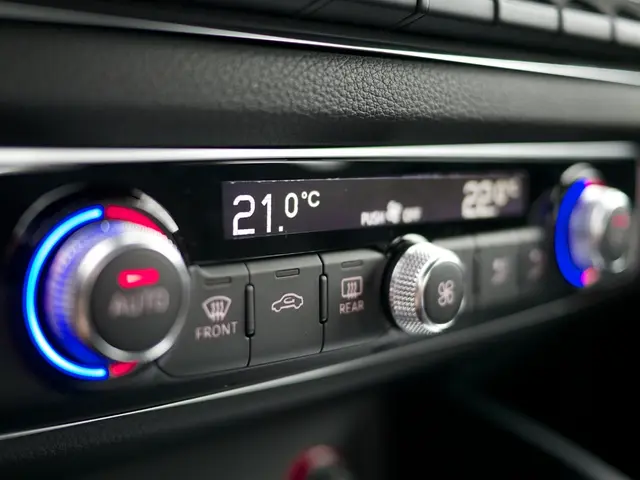Alert: Mystery PayPal Transactions? Be Wary and Keep Your Cash!
Mystery Funds Inflow Detected
Got an unrecognized payment on your PayPal account? Here's what you need to know to keep your money safe!
"Someone sent you money." That's how PayPal introduces payments on users' accounts. But what happens when that money comes from a stranger? Consumer Centers in NRW and Rhineland-Palatinate advise caution, as it could be a sneaky scam attempt!
Here's how it typically plays out: Scammers send a payment to your PayPal account, claim it's a mistake, and ask for a refund via "Friends and Family." If you comply, you're out of luck! This transaction mode doesn't have buyer protection, unlike the scammers. As soon as they get their money back, they file a dispute for the "mistaken" payment they originally sent through "Goods and Services." PayPal reinstates the amount from your account, and voila! Scammers have their money plus yours!
Watch Out for Deceptive Calls!
Fraudsters cleverly disguise themselves as PayPal representatives, so keep your guard up! If "PayPal" calls, be aware and double-check first!
Taking Action:
To foil scammers' schemes, the consumer centers suggest initiating the refund through the original transaction, instead of creating a new one. Here's how:
- In the PayPal app, use "Send Refund" to return the money.
- On the browser, select "Refund this amount."
For detailed instructions, check out the PayPal website.
Stay Smart, Stay Safe:
Stay informed with these tips to avoid scams related to unknown PayPal transactions:
1. Examine the Payment Details:
- Verify the payment method. Is it legitimate, such as a credit card, debit card, or PayPal-connected platform like Venmo[2]?
- Inspect the transaction details for discrepancies, like random sender information or unusual payment amounts.
2. Spot Scams:
- Watch out for phishing scams. Legitimate PayPal communications won't ask for sensitive information like login credentials via email[1].
- Be cautious of clickjacking attacks. Avoid clicking on unfamiliar links or buttons, even if they ask you to approve transactions without your consent[5].
3. Secure Your Account:
- Activate Two-Factor Authentication (2FA) to add an extra layer of protection.
4. Watch Your Account:
- Regularly monitor your account to quickly identify any suspicious transactions.
5. Report Suspicious Activity:
- Alert PayPal's customer support immediately if you spot any fraudulent activity. They can help investigate and resolve issues.
6. Use Trustworthy Payment Channels:
- Avoid third-party services that might increase the risk of phishing scams[1].
By following these steps, you can significantly reduce the chances of falling for scams related to mysterious PayPal transactions. Stay safe and take control of your finances!
Sources: ntv.de, awi/dpa
- Banks
- Credit Cards
- Consumers
- Checking Account
- Tests
- Smartphones
- Apps
- Mobile Payment Services
- PayPal
- Consumer Organizations
- Consumer Centers
The Commission, in the context of the single market, has also adopted a proposal for a directive on the protection of consumers, especially when it comes to finance-related transactions such as those involving business and technology. It is important for consumers to be vigilant when dealing with unknown transactions like the mysterious PayPal transactions, as they may be linked to scams that compromise not only their money but also their personal and financial information.




